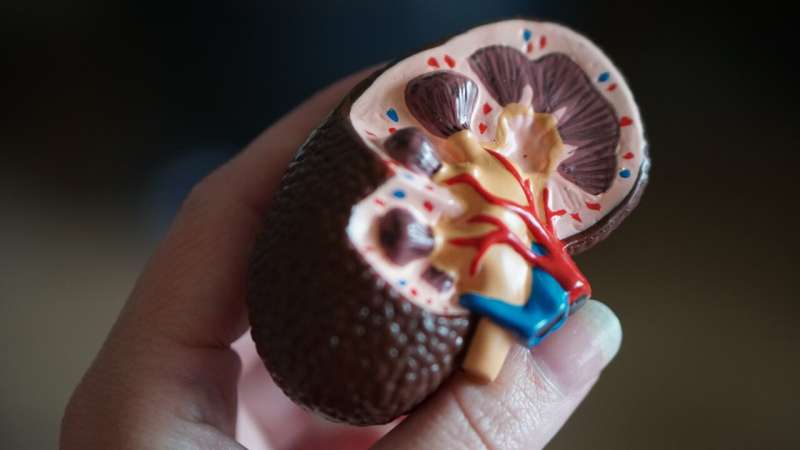New Insights into Habit Formation: Differentiating Mechanisms of Action Control

Recent research uncovers two distinct mechanisms underlying habit formation—response preparation and response initiation—offering new strategies to promote healthy behaviors and eliminate detrimental habits.
Habits are learned behaviors that become automatic through repeated performance. These behaviors can be beneficial, such as exercising regularly, maintaining hygiene, or following a healthy diet. Conversely, some habits, like smoking or emotional snacking, can be harmful. Despite extensive research, the underlying processes that lead to habit formation have remained unclear and somewhat contradictory. Some studies suggest habits are based on stimulus-response associations, while others propose different mechanisms.
Recent research from Johns Hopkins University School of Medicine sheds new light on these discrepancies. Their study, published in Nature Human Behaviour, proposes that habits are underpinned by two distinct mechanisms: response preparation and response initiation. Response preparation involves selecting a habitual response during learning, while response initiation refers to the execution or suppression of that response.
The researchers conducted experiments with 215 participants to test this theory. Participants learned stimulus-response associations, and then were divided into groups either revising these associations (testing response preparation) or refraining from responses to certain stimuli (testing response initiation). The findings demonstrated that these two approaches measure different facets of habit: the former reflects the mental preparation to act, and the latter captures the actual execution or withholding of responses.
This distinction helps reconcile previous conflicting results and indicates that habits can form and be maintained through multiple pathways. Understanding these mechanisms can improve strategies for breaking harmful habits and developing beneficial ones. Future studies focusing on these pathways could lead to targeted behavioral interventions, promoting healthier lifestyles such as better eating habits and consistent exercise routines.
Overall, this research underscores the complexity of habit formation, emphasizing that multiple processes contribute to automatic behaviors. Recognizing these mechanisms opens new avenues for behavioral science, with significant implications for health promotion and behavioral modification programs.
Stay Updated with Mia's Feed
Get the latest health & wellness insights delivered straight to your inbox.
Related Articles
The Need for Standardized Guidelines in Dialysis Initiation During Pregnancy
A recent study calls for standardized guidelines for initiating dialysis during pregnancy to improve maternal and fetal outcomes in women with advanced CKD.
Enhancing FGF21 in Fat Tissue Extends Lifespan in Obese Mice by 26%
A groundbreaking study shows that increasing FGF21 in fat tissue of obese mice extends lifespan by 26%, improving metabolic health without adverse effects. Discover the potential of this hormone in promoting longevity and combating obesity-related diseases.
Emerging Role of Immunotherapy for Organ Transplant Patients with Advanced Cancer
New research reveals that carefully managed immunotherapy can benefit organ transplant recipients with advanced cancer, offering promising survival outcomes despite some rejection risks.
Increased Intensity of Opioid Use During the Fentanyl Era
A new study highlights the rising intensity of opioid use during the fentanyl era, emphasizing the importance of monitoring consumption levels to inform public health policies and treatment strategies.



